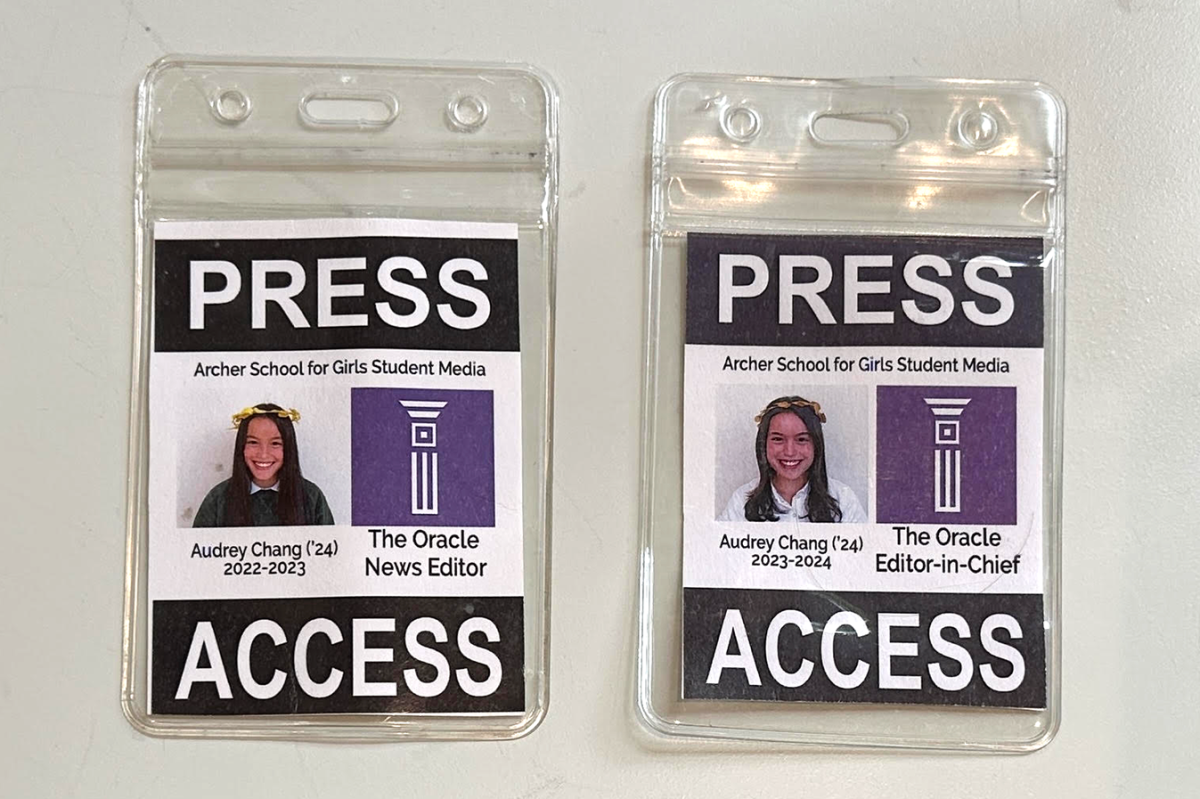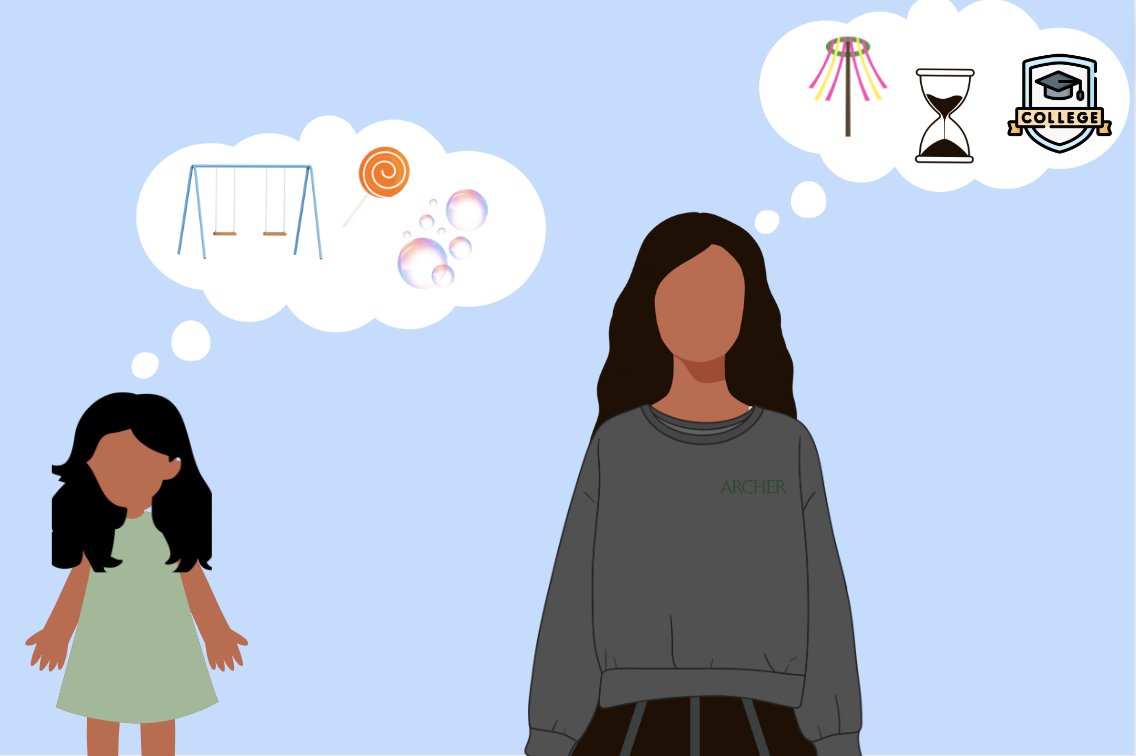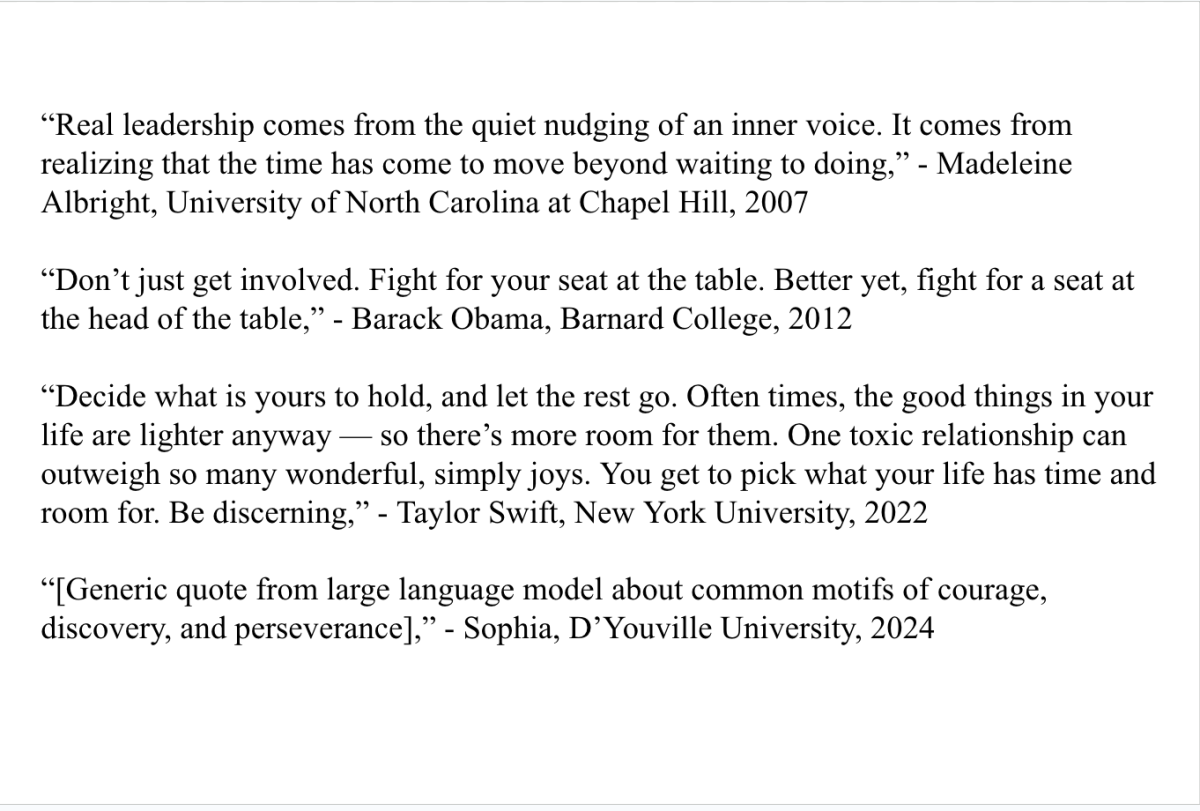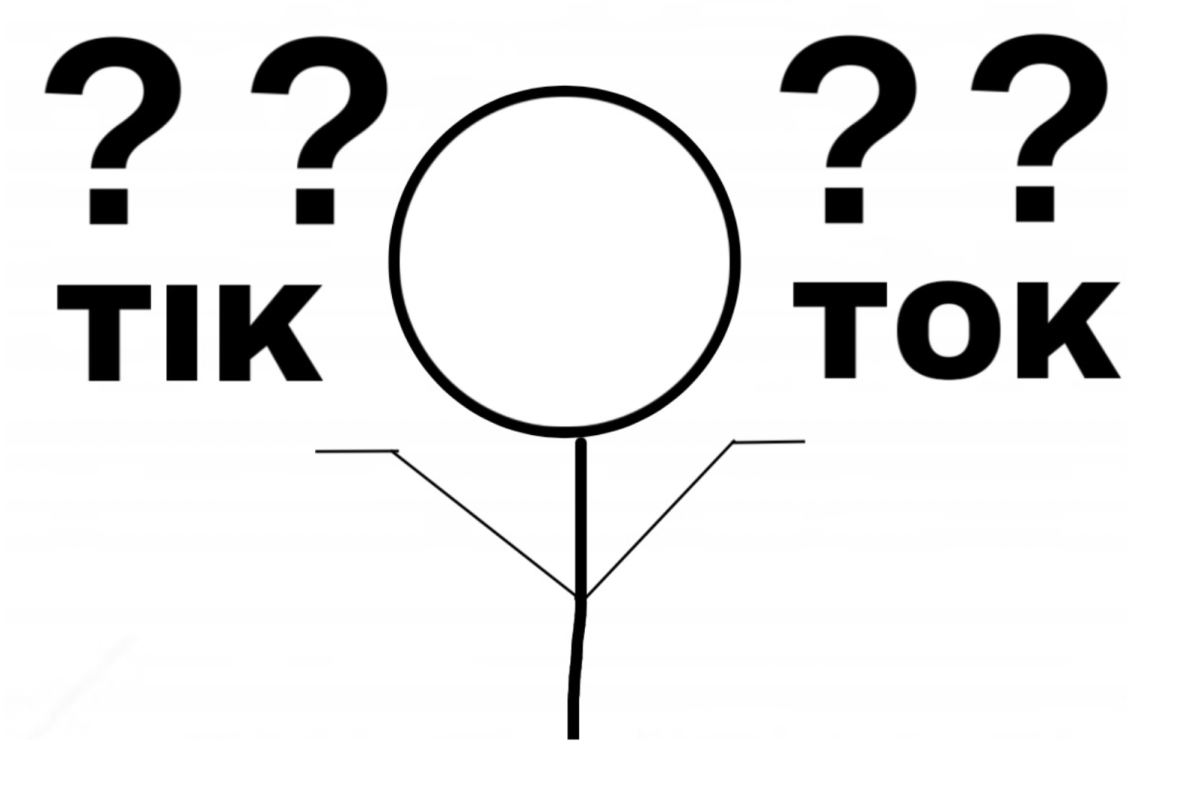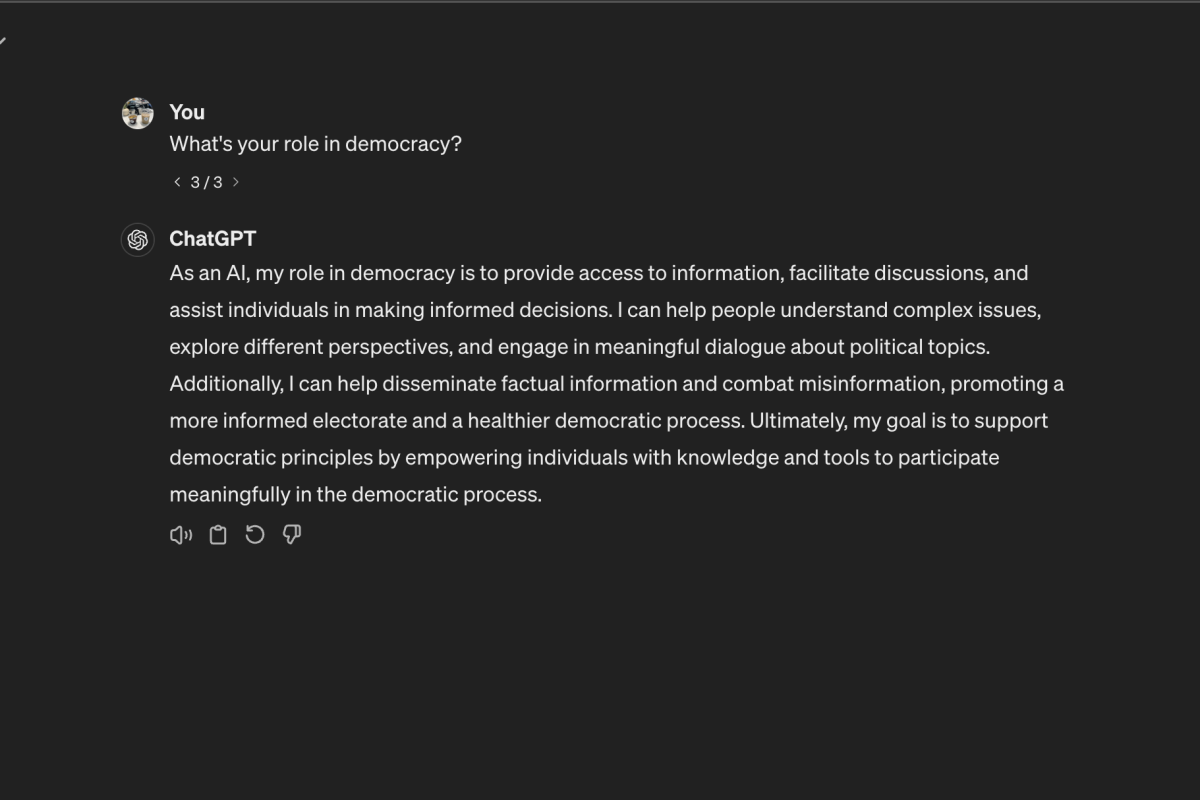I still vividly remember flipping through the droopy, worn-out pages of “The Complete Peanuts” hardcover edition while eating cereal in the morning, relaxing in the late afternoon or lying in bed at night as a child. I was always smiling to myself, fully immersed in whatever Snoopy and Woodstock were plotting.
I hold these memories, along with the children’s books I used to read, close to my heart. Only now, after growing up, do I understand the power of the characters and stories I read as a young child and how they have influenced my outlook on life.
Comics, graphic novels and children’s books have been around for thousands of years and have been a big part of my, and many others’, childhoods. I have books sitting on a shelf in my room that were passed down to me by my mom, older cousins and friends of friends.
Authors of children’s literature use simple language to accompany colorful illustrations, making the story easier for children to understand. Both of these methods help young readers subconsciously empathize with characters and form a connection with the plot.
Yet under these seemingly ordinary words and pictures lie complex themes and messages that influence the way we see ourselves and interact with the world. Sometimes even a single comic strip, like a political cartoon, can reveal the roots of societal problems or illuminate life lessons, such as the importance of sharing or how to “treat others how you want to be treated.”
In “The Complete Peanuts,” written by Charles M. Schulz, Charlie Brown teaches readers valuable traits to have in a friend, including determination, loyalty and thoughtfulness. Schulz makes sure Brown maintains these traits through the constant nervousness and insecurity he feels.
Snoopy, Brown’s dog, radiates undying loyalty to Brown no matter the situation. Similarly to Brown, Snoopy’s character subconsciously influences young readers to learn what it means to be a friend and how to be a kind one to those around you.
“Peanuts” is one of my favorite pieces of children’s literature. It has taught me that having conflicting emotions and interpersonal relationships are prominent aspects of the human experience, along with the importance of prioritizing friends and family relationships. I strongly believe reading these comic strips at a young age has impacted the way I interact with my loved ones.
However, because literature affects so many children, it can also be used as a tool to spread negative messages that reinforce stereotypes surrounding social constructs like gender. There are many books and comics we read as children that have problematic messages beneath the surface.
An example of this, and another one of my favorite series as a child, is “The Berenstain Bears.” The books had titles with positive themes such as “The Berenstain Bears Go to School” or “The Berenstain Bears and Too Much TV.” On the surface, those stories teach helpful lessons including the importance of going to school or the negative effects of watching too much television.
But if you dive deeper into the concept of the family, you might notice these books enforce family dynamics relying on stereotypical gender roles. Mama Bear cooks and cleans around the house while Papa Bear works and watches TV. Sister Bear can only play with dolls while Brother Bear can only play with action figures. Young children everywhere are reading this series and consuming stereotypical and heteronormative ideals that often become internalized.
When critiquing this, it’s important to consider the norms and what was considered conventional during the time period the book or comic was written. The author’s identity and beliefs can also impact the story.
But rather than allowing this to excuse problematic statements or themes in a book, I feel we should acknowledge and learn from their flaws. Children’s literature with racist or sexist ideas spreads assumptions and misconceptions through generations. We can learn about and deconstruct the history of stereotypes through developing skills, like how to analyze the books we read as children.
Understanding the power of children’s literature and how it influences entire generations’ outlooks on life is crucial to being able to challenge assumptions, unconscious biases and stereotypes in society.
As I grow up, continue to mature and become more conscious of the world around me, I will further reflect on my beliefs and values through analyzing the nuanced messages present in my childhood readings. Nevertheless, I will also continue to reread “Peanuts” comics strips and immerse myself in the innocent, simple themes of the book to take a step back into my younger self.
As Schulz writes, let’s “learn from yesterday, live for today, look to tomorrow [and] rest this afternoon.”











